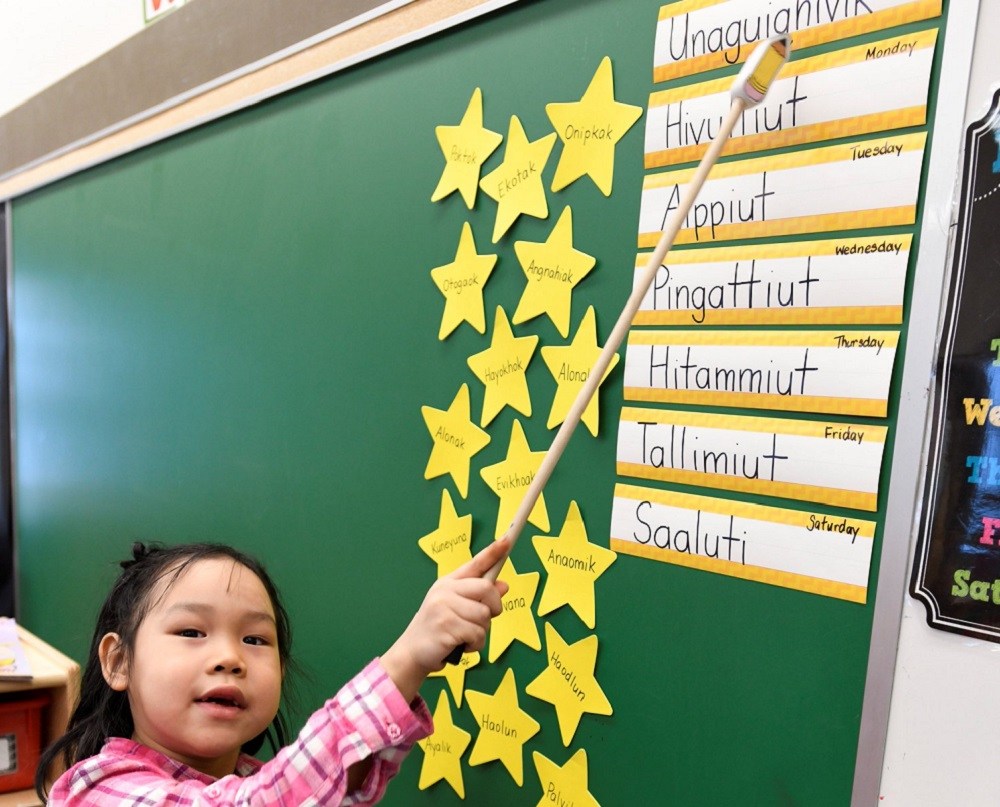UN names 2019 as international year of Indigenous languages
The Arctic Council counts about 50 Indigenous languages in the region — many of which are at risk.

The United Nations has named 2019 as the International Year of Indigenous Languages.
The UN typically observes a different topic each year to raise awareness about issues that have an international impact.
In this case, 2019 sets out to highlight the need to preserve, revitalize and promote the use of the world’s estimated 7,000 Indigenous languages — 2,680 of which are considered to be in danger.
“Languages play a crucial role in the daily lives of people, not only as a tool for communication, education, social integration and development, but also as a repository for each person’s unique identity, cultural history, traditions and memory,” the UN said in a news release.
“But despite their immense value, languages around the world continue to disappear at an alarming rate.”
There are 50 Indigenous languages in the circumpolar world alone.
The UN declared 2019 The Year of Indigenous Languages to raise global awareness of the consequences of endangered indigenous languages. With more than 50 indigenous languages spoken in the #Arctic, we will explore the indigenous languages of the North throughout #IY2019 pic.twitter.com/vHVQbyfG39
— Arctic Council (@ArcticCouncil) January 2, 2019
Inuktut — the broad term for the different dialects spoken across Canada’s four Inuit regions — varies in its usage from one region to the next.
The use of Inuktut is stronger in northern Quebec’s Nunavik region, where 99 percent of Inuit say they can speak the language, according to Statistics Canada’s most recent census, to as low as 21 percent in Newfoundland and Labrador’s Nunatsiavut region.
In Nunavut, 89 percent of Inuit said they could carry a conversation in Inuktitut.
But a 2017 report that looked at language use in Nunavut found that the use of Inuktut at home is falling at a rate of about 12 percent per decade. At the same time, the proportion of Nunavut Inuit who use mostly English at home rose to 46 per cent in 2011 from 28.5 per cent in 1991.
The UN’s international observation of Indigenous languages, held in collaboration with UNESCO, said it aims to shine a light on the critical risks facing many Indigenous language and promote a global dialogue towards reconciliation.
You can visit the UN’s website here.
The United Nations did not declare any specific topic as a focus in 2018.
In 2017, the UN acknowledged the International Year of Sustainable Tourism for Development; 2016 was the International Year of Pulses.
It may be just a drop in the oceans of diversity, just wanted to wish a happy 1st day of the International Year of Indigenous Languages pic.twitter.com/xjvwtaaVg3
— Romeo Saganash (@RomeoSaganash) January 2, 2019